Profile
Abraham Korbla Klutsey – YPSA‘s Man of Peace

The Good Book, in Matthew 5:9 describes peacemakers as children of God and this description definitely covers unique people who have the characteristics of reconciling people and making peace in society for unity: Mr. Abraham Korbla Klutsey fits perfectly into that category of people.
In his efforts to support, peacebuilding and reduce conflicts for the development of Ghana and Africa at large, Mr Klutsey founded the Youth for Peace and Security Africa, YPSA.
The YPSA, which was registered in Ghana in 2012 as a non-profit organisation has ‘Safe and developed Africa’ as its vision runs with the slogan, ‘making Africa safer for better development’.
He told The Spectator that, though he wanted to be a pilot or scientist in future, he had no regret as a conflict mediator and peace building agent as saving lives and maintaining peace have become his preoccupation.
Approach to peace
The approach employed by the YPSA to ensure that there is a minimal to zero financial cost in peacekeeping missions are the following: There should be no danger to the lives of peacemakers, and there should be a prompt action to prevent injuries, loss of lives, and damage to properties.
The team engages the inhabitants of communities in a coordinated network, equip them with basic skills and responsibilities to prevent and resolve violent and bloody conflicts as well as crimes in their own communities.

“Because the people live in the communities, it comes at no extra cost and danger acting as peacemakers. They, therefore, maintain peace promptly, safely, effectively, and at low or no cost. When people feel involved in the process, they stay involved for the long term”, he said.
In 2013, during tension and violence in the century-old Alavanyo and Nkonya bloody conflict, in the northern-Volta of Ghana, YPSA responded to help the people lay down the foundation for a lasting peace and also to prove the efficacy of its underlining operational mechanism in preventing and resolving violent conflicts.
The project, which was self-funded by YPSA, engaged the chiefs, opinion leaders and elders of both traditional areas, the youth groups and associations, the Volta Regional Coordinating Council, the Volta Regional Peace Council, the Police and the Military on peacekeeping mission, the Biakoye District Assembly and the Hohoe Municipal Assembly.
And with the active inclusion of the people, a roadmap was drawn for a lasting peace and development to end the conflict. For this timeous progressive move by the organization (YPSA)
Achievement
The Biakoye District Assembly’s recommendation highlighted the major progress and success made during the project. The Council of State of The Republic Of Ghana in 2015 made findings into the project and concluded in it report that YPSA has the capacity and the potential to make a useful contribution towards the restoration of peace in conflict zones.
Mr Abraham Klutsey was given the with Ghana Peace Award. In 2016 and 2018 where the Executive Director of YPSA was invited by ECOWAS-GIABA to participate in efforts towards tackling terrorism and financial crimes in West-Africa. These for a were held in the Republic of Benin and Senegal.
Projects
In 2020, he was again by the Small Arms and Light Weapons Commission of Ghana to a forum on tackling proliferation of arms in Ghana.
During the 2020 general election of Ghana, the organisation launched the ‘Stop the Violence before It Happens’ Project recruited Safety and Peace Ambassadors across the country to prevent electoral violence in their respective communities.
In 2021, YPSA has initiated a project in the Alavanyo and Nkonya communities to expand, strengthen and train the existing networks to make sure violence never returns to the communities even if issues remain unsolved.
Youth for Peace and Security-Africa (YPSA), through its networks, now has members and volunteers in over 25 African countries. The organisation has branches which are registered in Ethiopia and Nigeria. YPSA believes that Africa can attain social stability and development if the vision and resources of the youth are harnessed to prevent and resolve violent and bloody conflicts.
Background
Mr Abraham Kobla Klutsey He hails from Apipe in the Volta Region and attended Saint Paul’s Secondary School, Denu at 2004 and holds a Bachelor of Science degree in Computer Science and Mathematics from the University of Ghana.
He is not married and has no kids: He is the second of five siblings. His hobbies include; travelling, biking, and listening to classical, reggae and country music. He aspires to work hard and open branches of YPSA in all the African countries.
Mr Klutsey has authored a book “Peacebuilding at the Edge of Death” which is listed on amazon.com.
By Portia Hutton-Mills
Profile
ROFAC creating safer communities within Ada, Madina-Adenta enclave
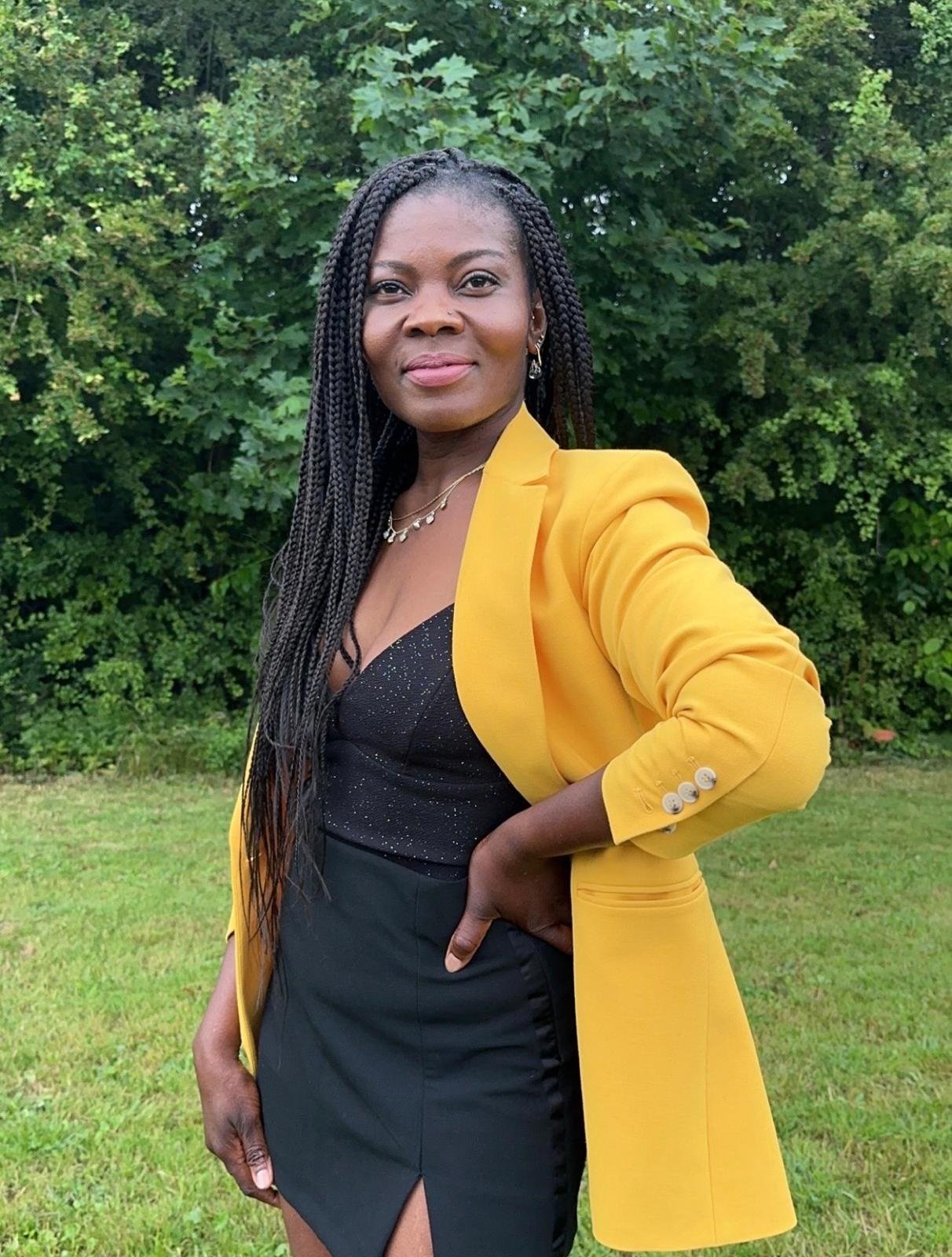
The infectious smiles and beaming grin on the faces of children is one of life’s greatest joys. It also has a way of brightening even the darkest days.
Most children have their smiles dimmed because their parents have no means of providing them with their basic needs and rights.
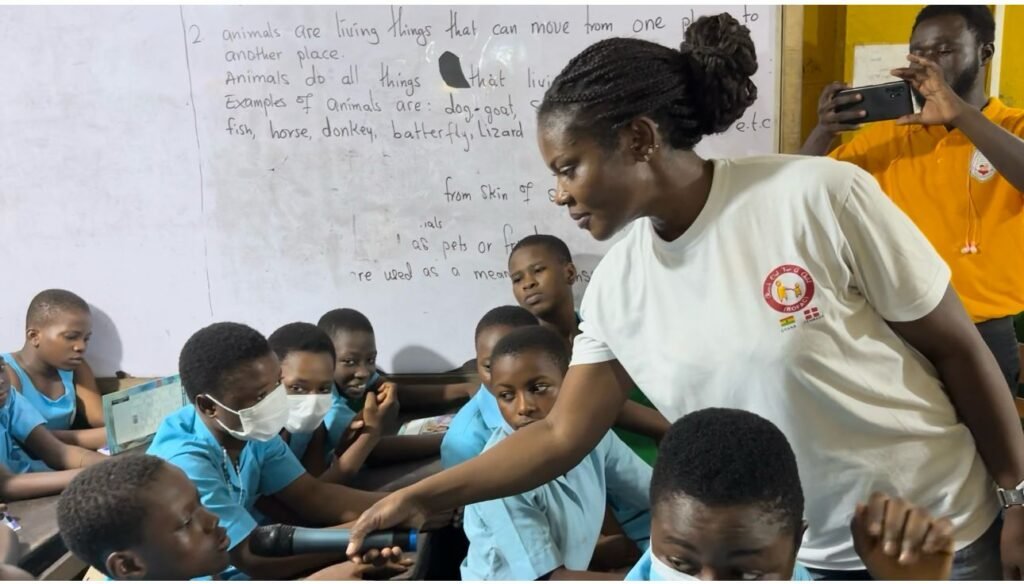
While some have lost their childhood to struggles of life, others have lost it to the cruelty of abuse, neglect and harsh realities of poverty.
Helping bridge the gap by putting smiles on faces of less privileged children, Reach out for a Child (ROFAC) is gradually becoming a household name in the Greater Accra Region, especially within the Ada and the Madina- Adenta enclave.
With the aim to improve education, healthcare, and facilities for the underprivileged group in Ghana, ROFAC believes that by improving school infrastructures, learning will be attractive to children, thus increasing attendance and providing a pleasant and safe learning environment.
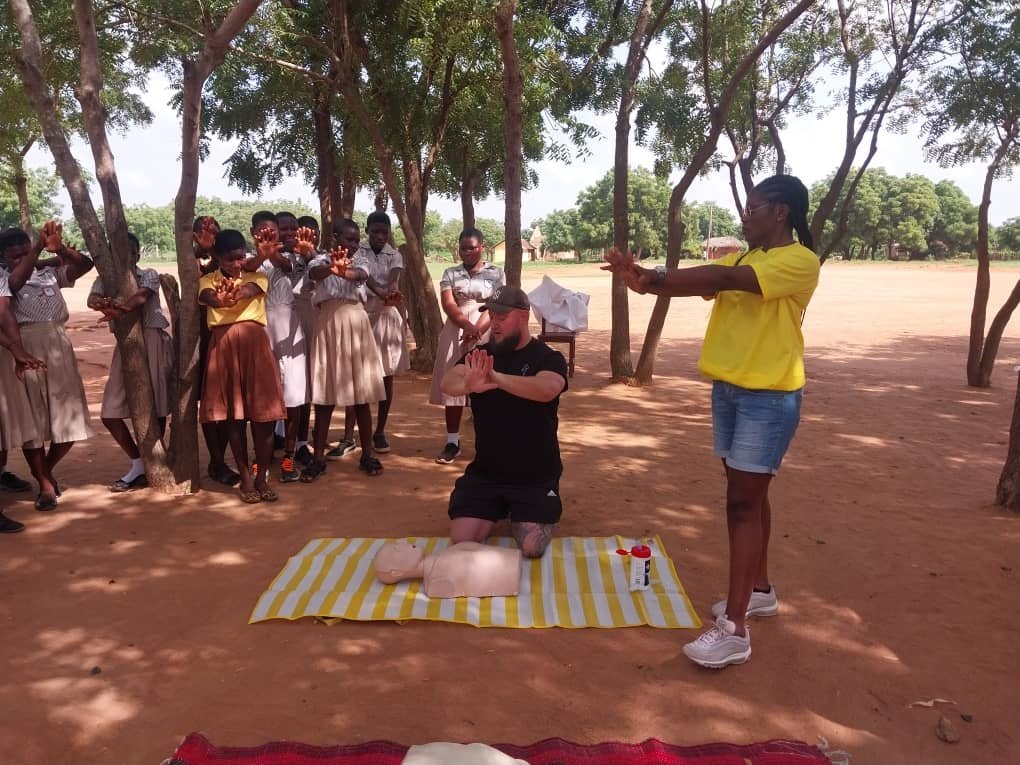
Yvonne Mawufemor Pedersen is an Acute & Emergency Care Nurse (RN, BSN), working in one of the first and largest super-hospitals in Denmark.
How it started
Life in Denmark is far from life in Ghana, where Yvonne grew up.
In 2008 while living in Denmark, Yvonne watched a “United Danish Appeal For Funds” program on television, raise funds to support third world countries, targeting all countries that appear on “The Organization For Economic Cooperation and Development” (OECD), list of third world countries, Ghana was on the list. The television program lit a fire of curiosity in me, but also a level of rage of helplessness.
Growing up in Ghana I knew of some of the challenges some children were subjected to, having to skip school to sell on the streets and in markets to help support the rest of the family. Some, runaways due to domestic violence and abuse. Inadequate infrastructure in most schools didn’t make school attractive either.
I have always had the drive of “Florence Nightingale” I wanted to do something. I wanted to contribute to shifting the narratives of the less privileged. These, and the television program I saw in 2008, contributed to a visit to Ghana, earlier than planned.
The Charity
Reach Out For A Child- (ROFAC) is a small Danish registered charity, started in 2009 by Yvonne Mawufemor Pedersen, a Ghanaian/Togolese resident in Denmark.
The charity was initially formed to raise funds for street children and head potters, after being inspired by a trip while visiting family in Ghana, and sourcing out how to shift the narratives of the above-mentioned group of people. As a result, ROFAC, Ghana was established in the same year, now our partner in Ghana.
Astonishingly, the original target funds were exceeded, and we decided to expand our support to single mothers. We started to raise funds to support the target group, meeting them in the rural areas before their migration to the capital.
As our understanding of rural communities in Ghana grew, so did the scope of our projects, because we understand, there are many factors that contribute to getting a child off the streets and into a classroom, therefore we expanded further to supporting hospitals and schools in rural Accra with teaching aids, hospital equipment’s and giving health education.
As well as lessons in first aid and CPR. This not only includes knowledge to our direct beneficiaries alone, but also that of their families and wider community.
We also, in partnership with our local partners, tailor internship programs for nursing students from Denmark to Ghana.
Our project and since 2009, ROFAC has helped many families in various communities through our numerous projects, and we are determined to ensure that this continues despite challenging circumstances we sometimes encounter.
Through her initiative, ROFAC has over the years, donated school furniture and writing boards for teachers and pupils at the Nuhalenya D/A Primary School in the Ada district, explaining that the organisation has been part of the growing process of the school since the year 2018 for which the head teacher, Mr Narh, together with teachers and some opinion leaders had always expressed their gratitude to the team.

School practicing how to resuscitate
Speaking to The Spectator in Accra last Thursday, Ms Pedersen said the organisation has also begun teaching Cardiopulmonary Resuscitation (CPR) in some basic schools, including Nuhanenya in Ada District and Pauline Queensland schools at Agbogbloshie in the Greater Accra Region to equip young learners with essential skills that can help save lives during cardiac emergencies.
CPR is a lifesaving emergency procedure performed when the heart stops beating.
Introducing the CPR programme in the basic schools, she indicated would not only empower the children with practical knowledge but also promote a culture of safety and responsibility.
In this cause, ROFAC has been advocating the subject matter to teach students the basic steps of CPR, including chest compressions and rescue breaths.
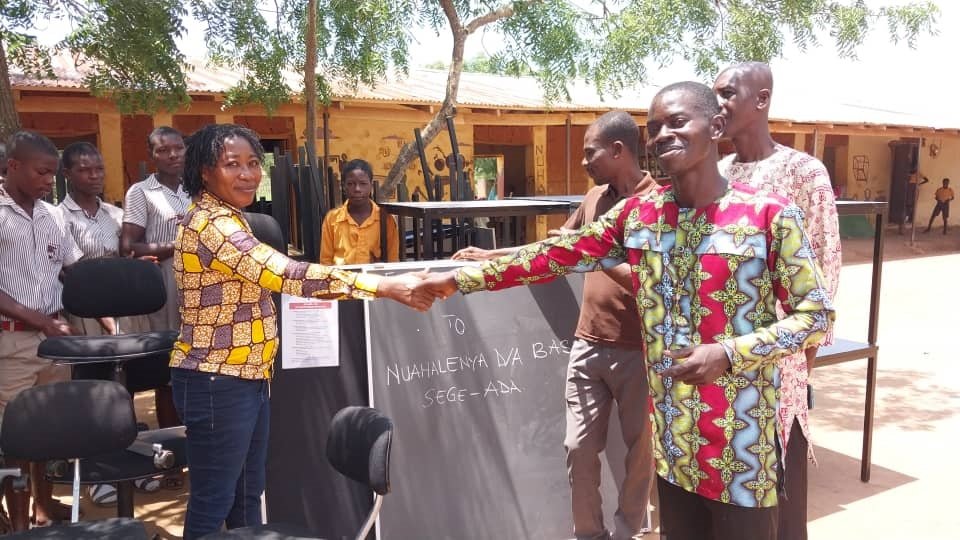
She mentioned that to educate children on recognising emergencies and the importance of seeking adult help will increase awareness of heart health.
As part of the safety measures, ROFAC has also introduce the idea of using child friendly mannequins for the learners to practice chest compressions and breathing techniques under the guidance of medical trainers.
The programme, she said, emphasises on safety, including how to avoid panic and handle emergency situations calmly. The schedule for subsequent teaching children CPR will potentially assist in saving lives within their families and communities.
“Implementing a CPR programme in basic schools is a valuable investment in public health and safety. It empowers students with essential life-saving skills and fosters a sense of responsibility and confidence. By integrating CPR education into the curriculum, schools contribute to building safer communities,” she explained.
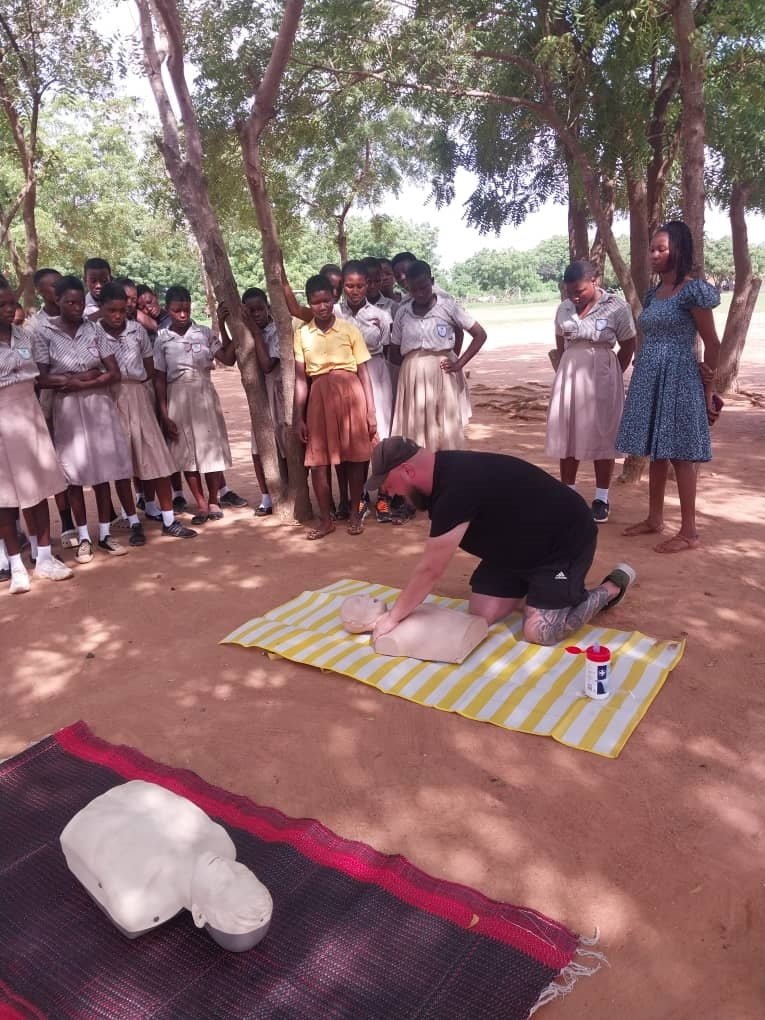
Ms Pedersen further indicated that the programme not only prepares children to respond to emergencies but also cultivates a generation of informed and proactive individuals.
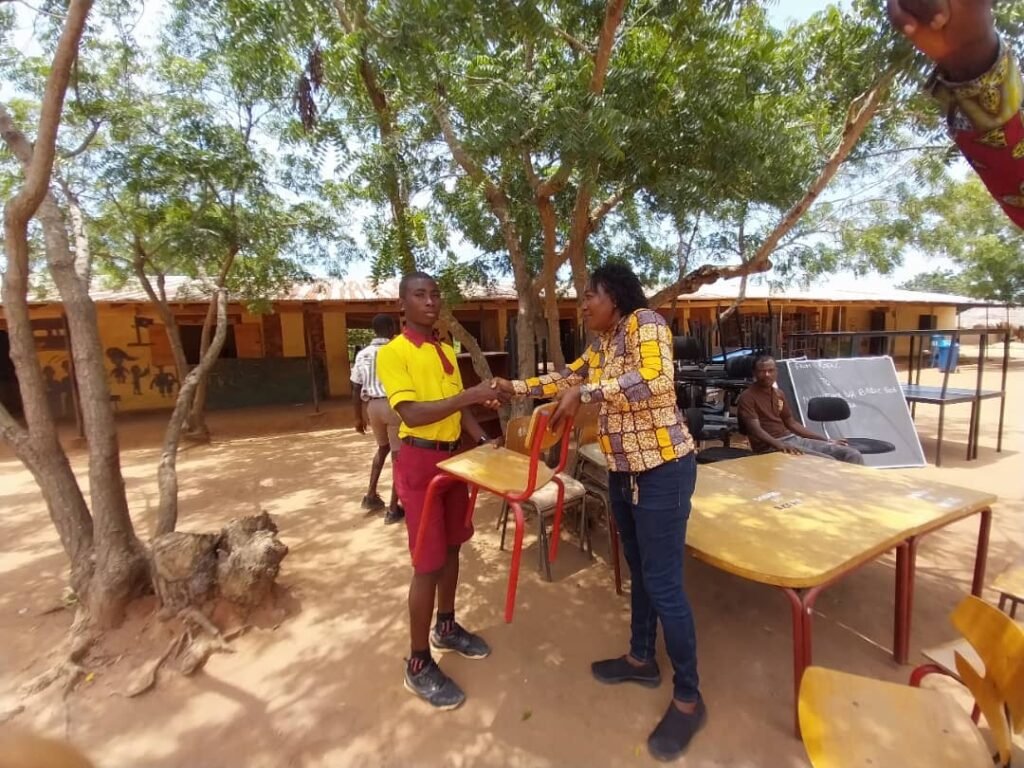
ROFAC also embarked on another project by donating a laboratory incubator to the Duala Medical Clinic based at Burma Camp in Accra.
This follows a request made by the medical doctor in charge, Dr Awura Adjoa Nunoo, for the equipment for services at the facility.
By Lawrence Vomafa-Akpalu
Profile
From passion to plate: Chichi Yakubu’s culinary journey
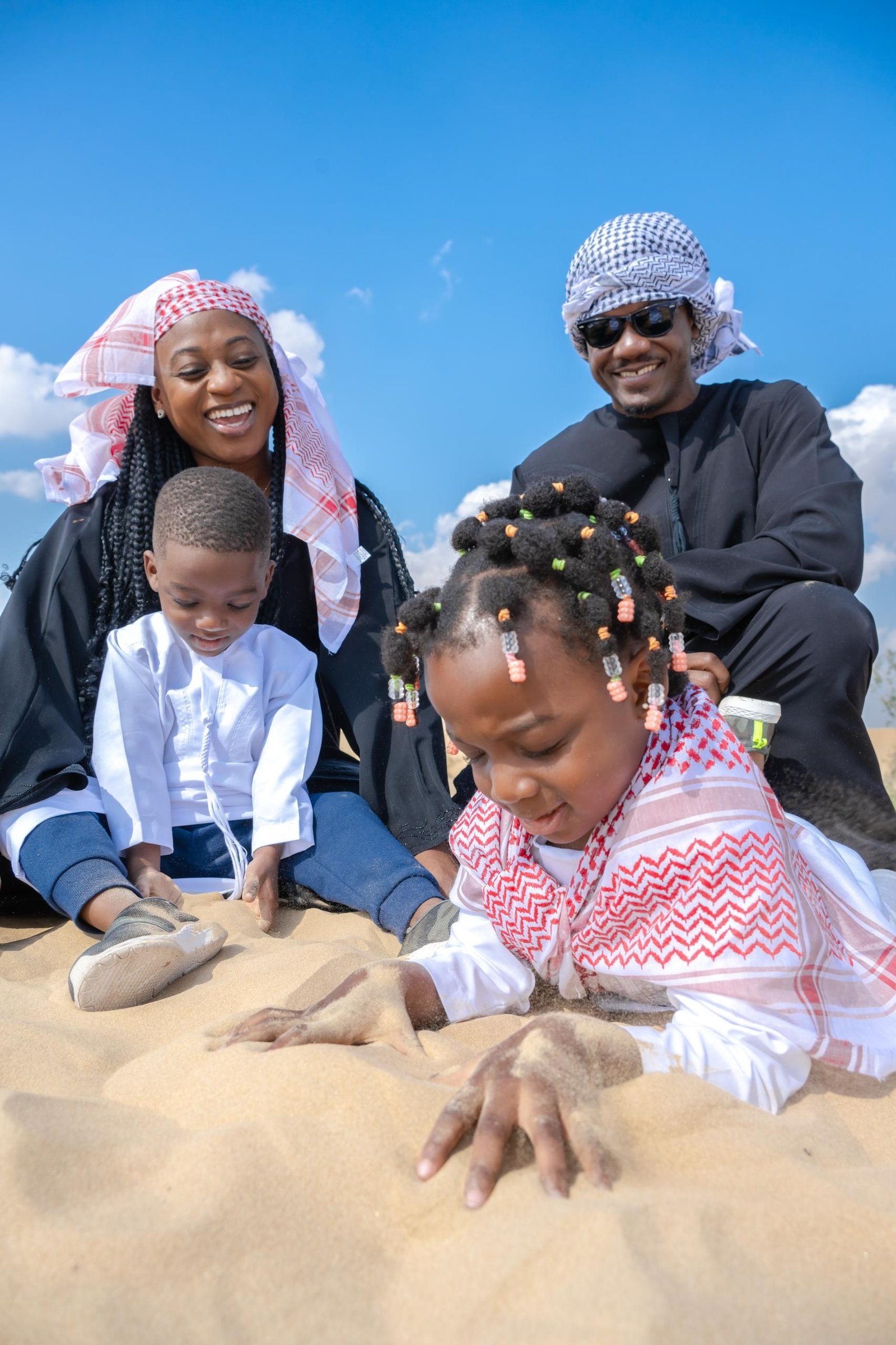
Driven by her personal weight loss journey and passion for healthy eating, Chichi Yakubu has carved a niche for herself in the culinary industry.
Her dedication and commitment has turned her business, NyoNyo Essentials, to one of Ghana’s most sought-after catering companies in the country.
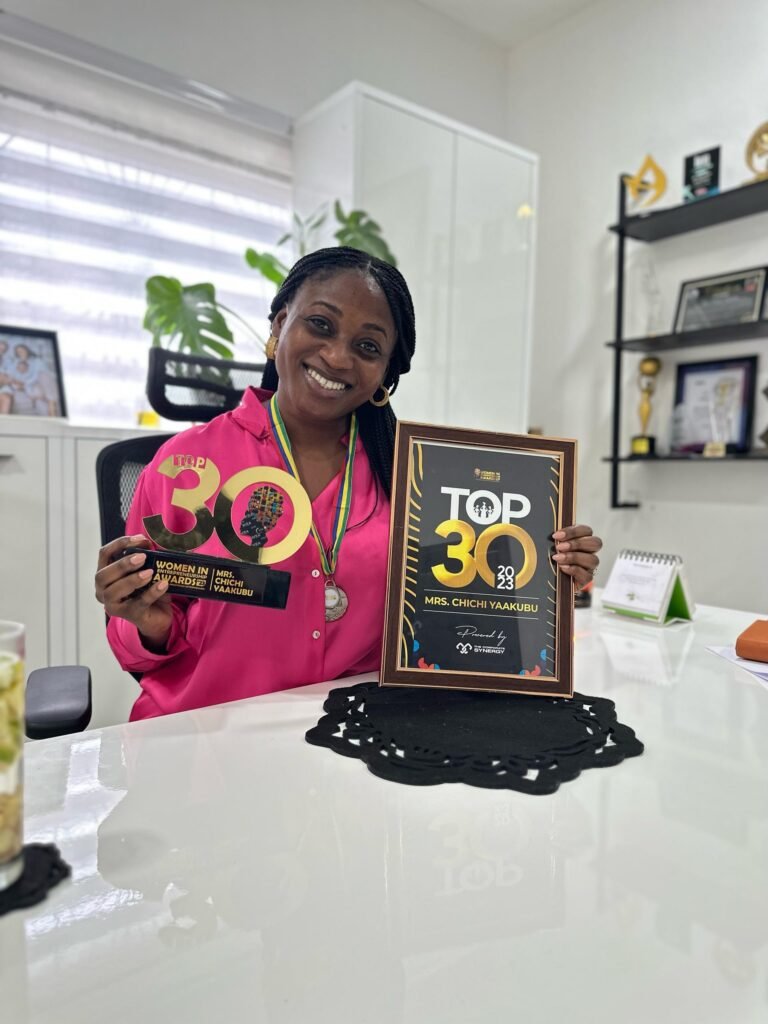
Born to a Nigerian father and a Ghanaian mother, Chichi grew up in a family of passionate women at Mamprobi Polytechnic.
Her mother, an avid cook, started a small catering business, which Chichi helped manage during vacations.
“From upper primary through to Junior High School, I will close from school to go and help my mother at her small food stand at Sakaman to do the dishes after her customers had eaten.
Her mother was known for her special dough Banku with Okro soup. Her small food joint expanded to become a chop bar where she worked at when on vacations.
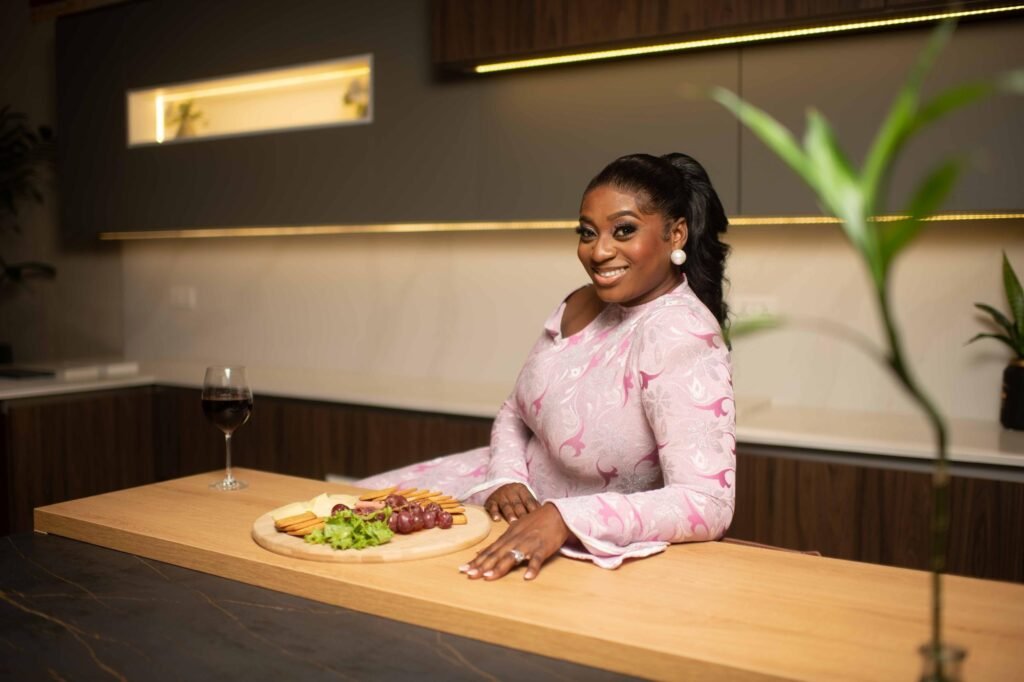
She acknowledged that, “this early exposure to entrepreneurship sparked my interest in the culinary industry.”
After her university education, Chichi embarked on a weight loss journey, which led her to explore the culinary side of things.
According to Chichi, her weight loss journey began after she realised in her late teens her family struggle with weight.
“I wasn’t going to just allow it but someway, somehow, I started gaining so much weight in my early twenties and I decided to take action by changing my lifestyle by eating healthy and exercising. That’s what got me interested in meal prepping which eventually became my side hustle,” she narrated.
Chichi later discovered the business potential of healthy food and decided to pursue it. Also her friends were curious about her weight loss strategies, which inspired her to offer meal-prep services at a fee.
With a bold vision and determination, Chichi started small, offering sandwiches, salads, and smoothies.
Leveraging social media marketing, she reached a wider audience and grew her business rapidly.
Today, Chichi is the Chief Executive Officer of Nyonyo Essential, a business that has expanded to cater for weddings, parties, and corporate events with her team providing excellent service, and word-of-mouth referrals have helped her expand her client base.
Again, Chichi has also opened kitchen centres in selected areas, providing healthy food options to Ghanaians.

She mentioned that, her mother has been her number one supporter saying “she had the blue print handed down to me. I started my business in her kitchen, and she also spared me some of her workers when the new people I had hired didn’t show up.
“My then boyfriend and now husband believed in me even when I was not sure to do it full time as I was in corporate Ghana and not doing bad.”
Chichi said one of her biggest challenges was staff retention, adding that she was of the opinion that the work itself was not much of a challenge but the people.
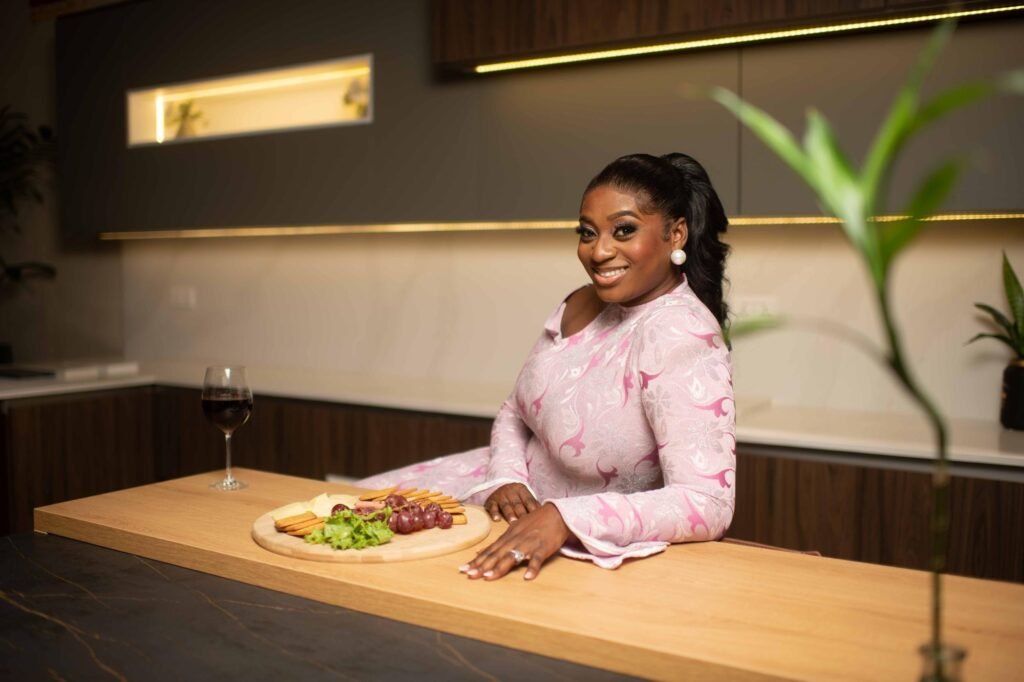
The other thing was stereotyping, saying that, “some years back people look down on food business operators, we were not regarded as professionals with others assuming we are school dropouts or just people who don’t know what we are about.”
But I was determined to change that narrative by handling work with the outmost professionalism, which I have since the beginning of my weight loss journey in 2014.
Chichi is motivated by her faith in Christ, her passion for entrepreneurship, and her commitment to empowering women.
As a wife, mother, and business owner, she strives to create a balance that reflects her vision of an all-rounded woman.
In business, she emphasised, her drive comes from a deep love for the hospitality industry and a desire to help others succeed through the business of catering by NyoNyo, saying that, “My belief that Jesus is Lord guides my decisions, ensuring that integrity, excellence, and purpose shape both my life and business.”
She urged young people, especially young women, who are just starting out in their careers or entrepreneurial journeys to believe in themselves, trust God’s timing, and be willing to put in the work.
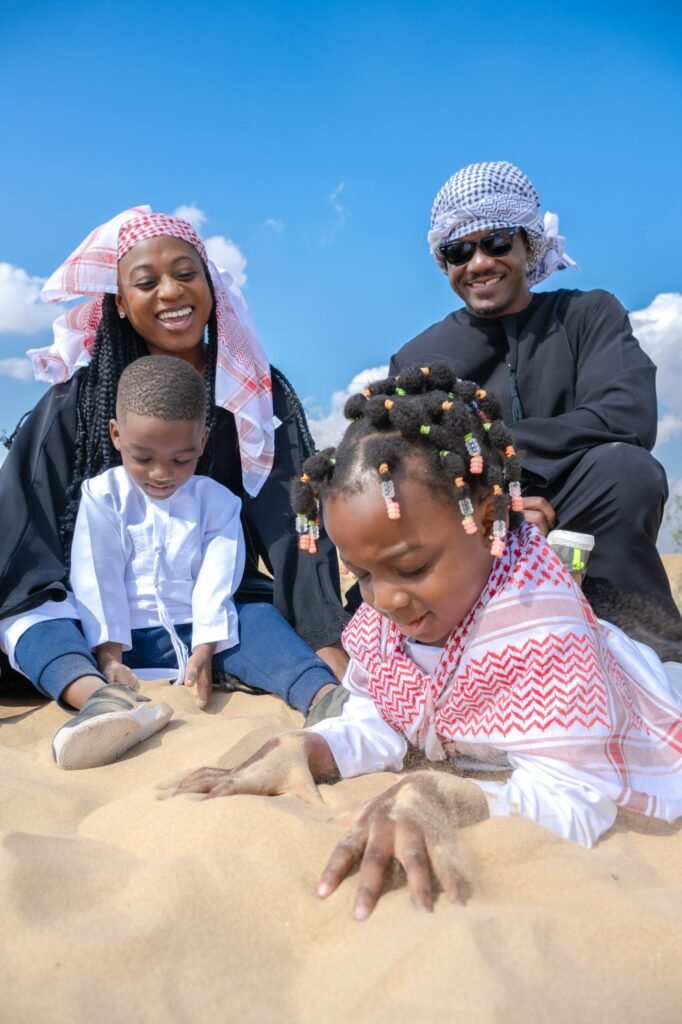
Moreover, she said “success does not happen overnight, so stay consistent, be patient, and keep learning. Surround yourself with the right people, mentors, peers, and a support system that challenges and encourages you.”
“Opportunities don’t pause for perfection. While we overthink, others take action. Start where you are, with what you have. The world moves fast—so should we,” – Chichi Yakubu advised
She again added that women should embrace their multifaceted roles without guilt saying “you can be an entrepreneur, a wife, a mother, and a sister’s keeper all at once. Most importantly, stay true to your values and never compromise on integrity. Let your journey reflect both purpose and excellence.”

Chicihi loves to spend quality time away from the noise of life in new places or go on an adventure with her family and friends.
She is a product of Christian home school, Okuapeman secondary, Central University College and Harvard University.
By Jemima Esinam Kuatsinu







